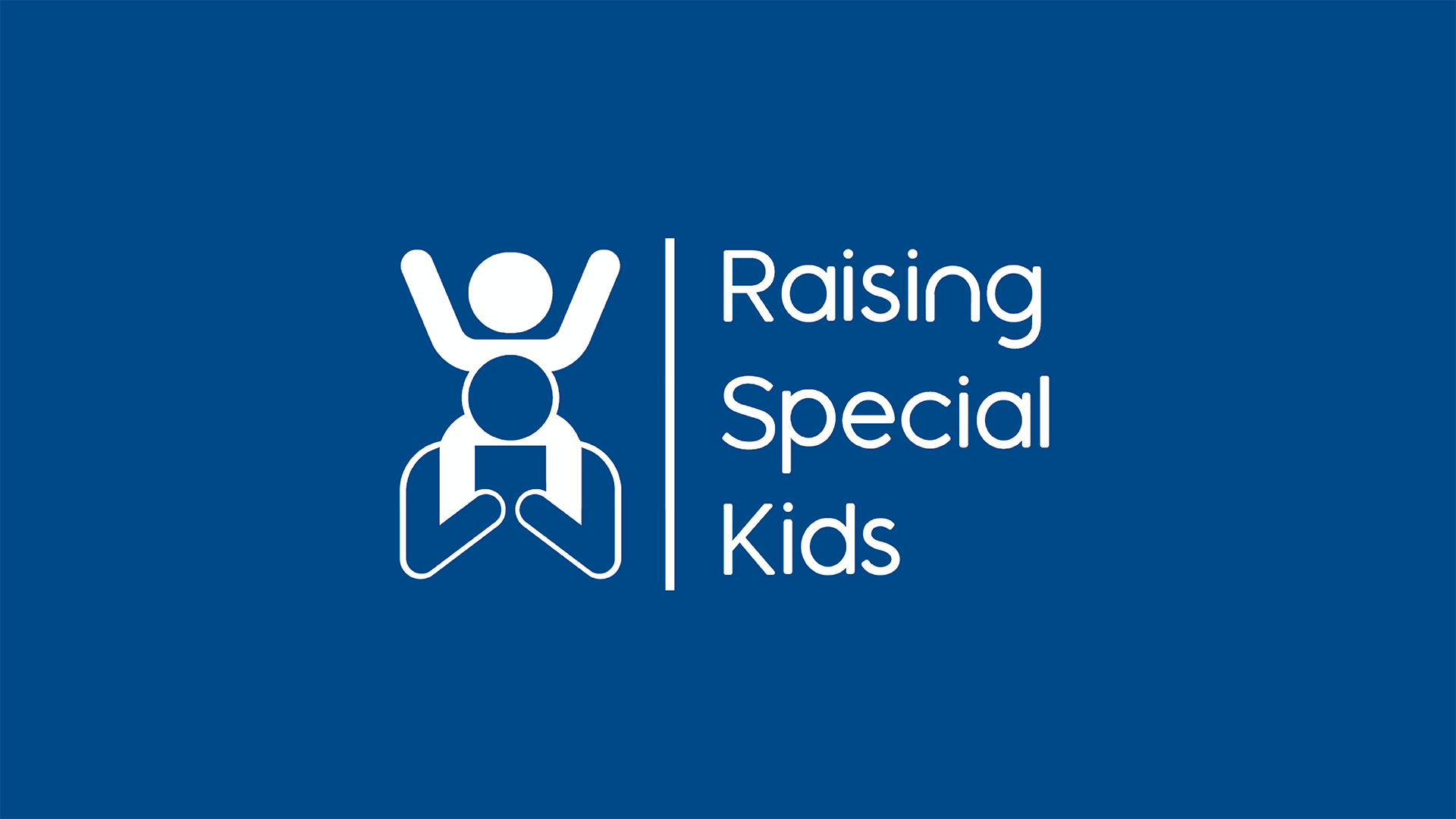In response to the COVID 19 Public Health Emergency in 2020, AHCCCS expanded Medicaid flexibilities in to allow for Parents to become paid caregivers and providers of habilitative services for their minor child(ren). This flexibility helped many ALTCS members continue to receive Home and Community-Based Services delivered by their parents at a time when pandemic restrictions created an immense barrier to service access. Throughout the public health emergency AHCCCS was clear in its communication that these flexibilities were a response to extraordinary circumstances and would expire at the end of the Public Health Emergency.
As the Public Health Emergency began to wind down, grassroots family advocacy efforts helped our state’s Medicaid program see value in Parents as Paid Caregivers as part of a long-term solution to the very real provider shortage our state has had for decades. The family advocacy work in organizing and coalition-building around this issue has been extremely effective.
In June of 2023, AHCCCS released a draft of a proposal to create the Parents as Paid Caregivers program, which would make some, not all, of the pandemic-era flexibilities permanent. In a nutshell, parents would be able to provide caregiver services up to 40 hours per week, per eligible child, and parents would no longer be permitted to provide habilitative services to their minor child(ren).
We recognize the popularity and benefit of the pandemic-era Medicaid flexibilities for some families, especially those who have struggled in years past to find Home and Community-Based Providers to work with their child(ren). We also acknowledge that financial incentives through Medicaid to provide services to a minor child can offset a parent’s inability, by choice or by circumstance, to work. And lastly, we recognize how disruptive a systems-level change can be for families after 2+ years of implementation.
As a family-serving organization Raising Special Kids supports the balanced approach AHCCCS has taken in their 1115 Medicaid Waiver Proposal and we have provided detailed public comment on the proposal. Our concerns for making pandemic-era flexibilities permanent fall into 3 broad categories:
1). Provider access for families
We believe a shift to a system where families were incentivized to provide habilitative HCBS could lead to complacency among Arizona’s provider network about the necessity to develop and maintain sufficient capacity which may ultimately degrade Arizona’s system of care for supporting individuals with disabilities and their families. The unintended consequences may lead to provider agencies heavily recruiting parents and family members, leading to an even greater shortage of trained and qualified direct care workers, and ultimately may lead to an unspoken expectation among providers that parents, all parents, become their child’s primary service provider.
2). The role of the family
Families play a critical role in the health, education, and development of children with disabilities and achieving optimal outcomes requires parents and professionals to consult and collaborate on the provision of care and support needed within home and community-based settings. We believe this service expansion would change their roles to become both caregiver and primary paid service provider. The effects of this could increase caregiver burnout, and lead to greater social isolation of both the child and family. In addition, this role change could cause confusion and conflict when assessing the need for home and community-based support.
3). Intent of Medicaid HCBS
The intent of Home and Community-Based Services for Long Term Care eligible members is to prevent institutionalization and to ensure individuals are integrated into their communities and have full access to the benefits of community living. We believe that parents and professionals, working together toward shared outcomes make this possible and that a policy change making permanent all COVID-era flexibilities could result in further weakening of Arizona’s professional non-parent workforce.
In our role as a statewide advocate for Arizona families of children with disabilities, we support the efforts by AHCCCS to seek a well-balanced approach as we transition from the Public Health Emergency toward more standard practices. If the waiver amendment is approved by CMS, we hope to see:
- Pressure on families relieved by compensating parents for caregiving services, with appropriate safeguards that meet the definition of extraordinary care and prevent institutionalization.
- Continued attention to and monitoring of managed care organizations and provider agencies to recruit, train, and maintain a professional workforce of sufficient capacity to provide Home and Community Based Services.
While Raising Special Kids generally supports the 1115 Medicaid Waiver Proposal, one point of concern is the implementation timeline of November 11, 2023. We believe that ending the current flexibility at this specified time will not provide parents, currently providing care, a sufficient transition period and we have advocated for a phased approach to unwinding this specific flexibility.
We believe that AHCCCS’s multi-pronged approach to address recruitment and retention of DCWs to bolster the workforce to assume the provision of care after the conclusion of the flexibility will ultimately result in more availability of trained providers, however, we do not believe that families will have access to an adequate network of Home and Community-Based Service providers in just a few short months.

